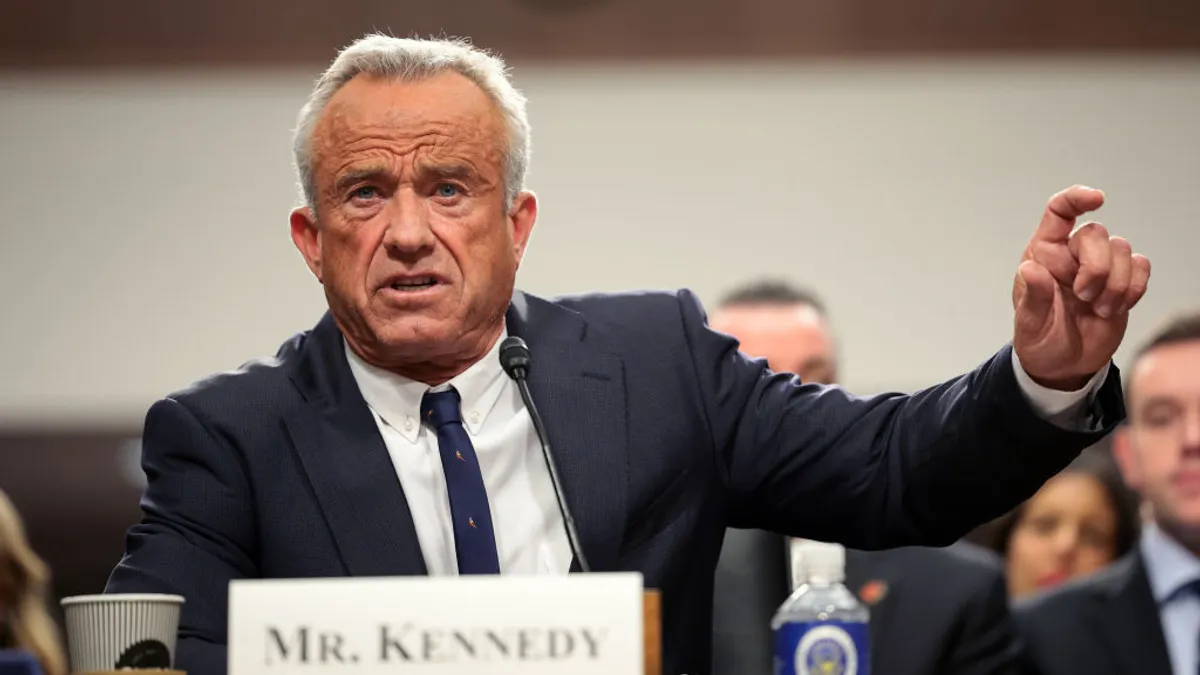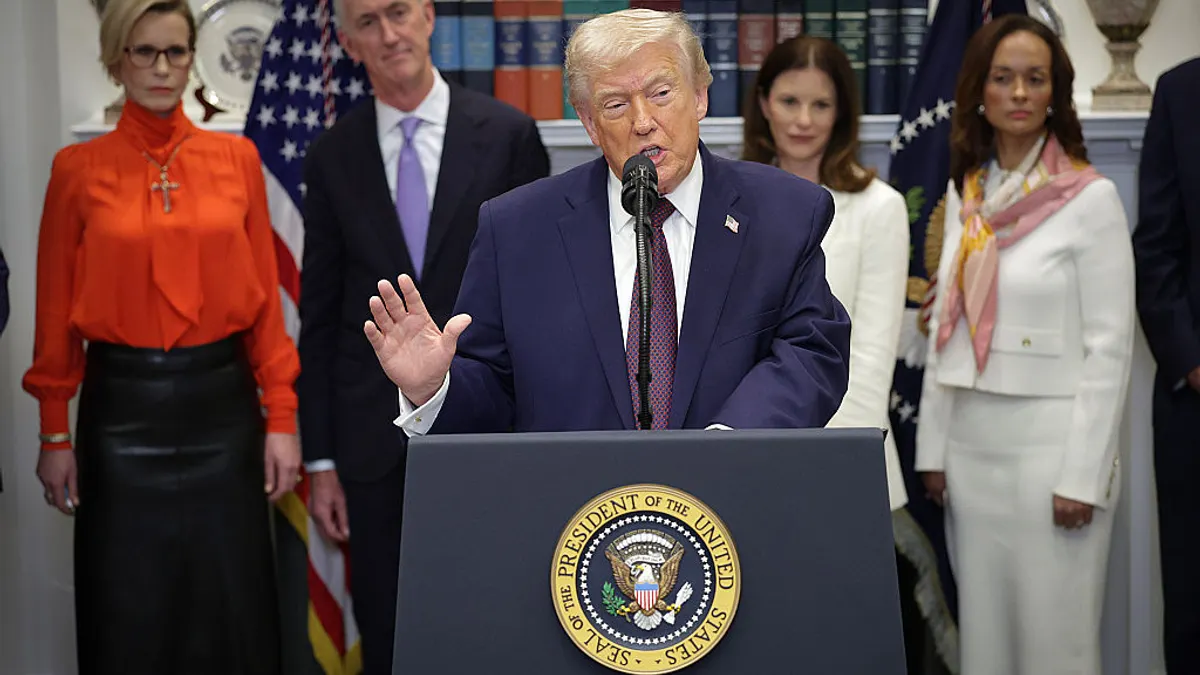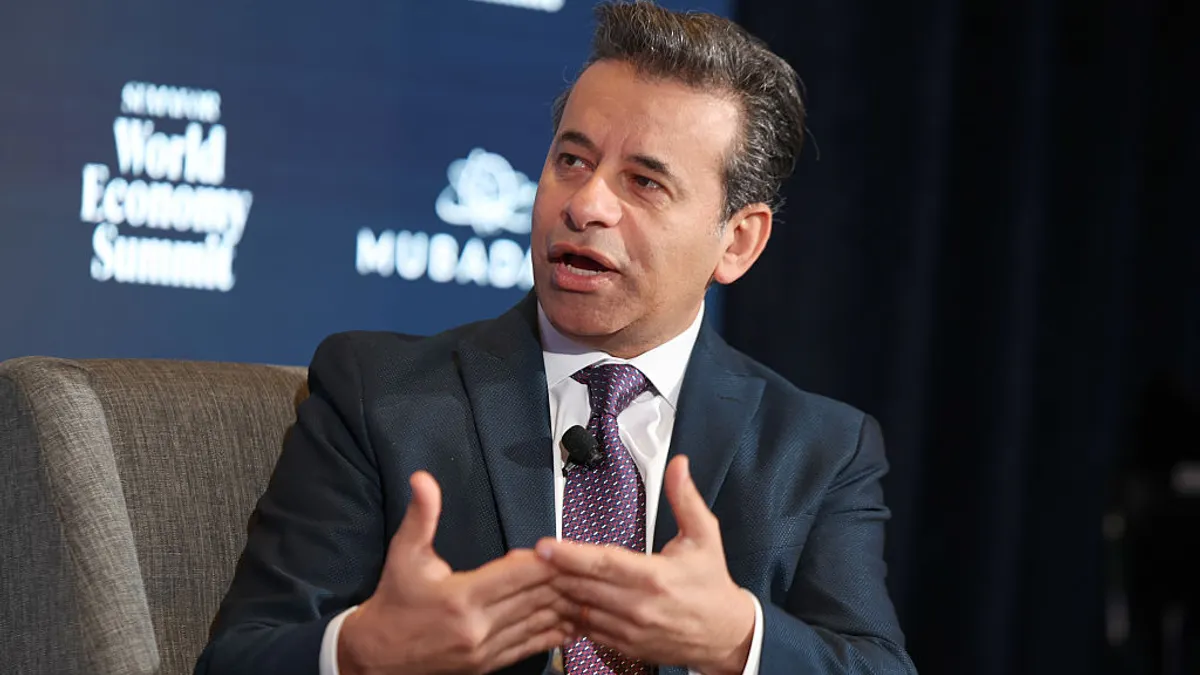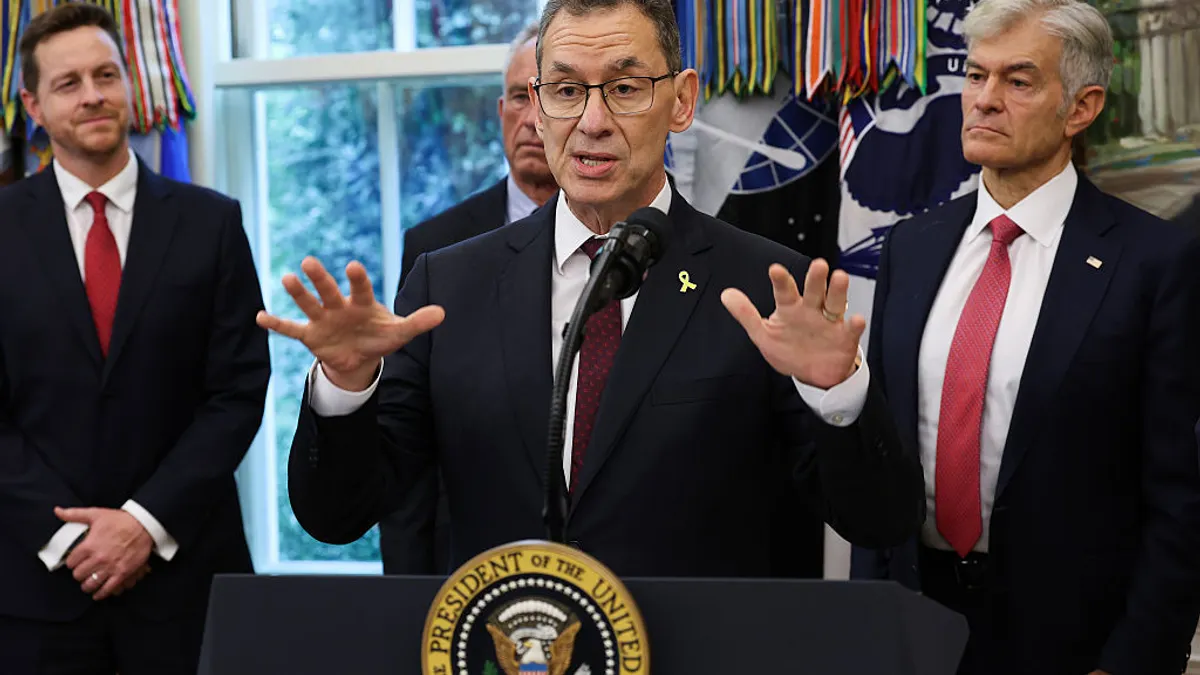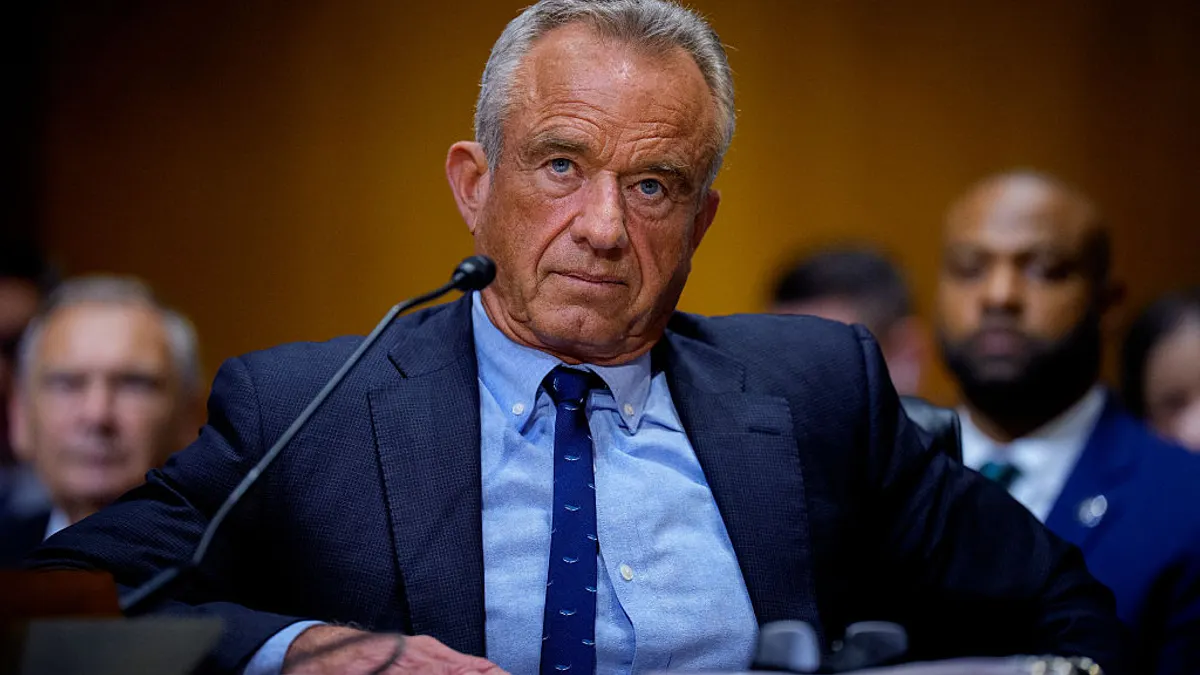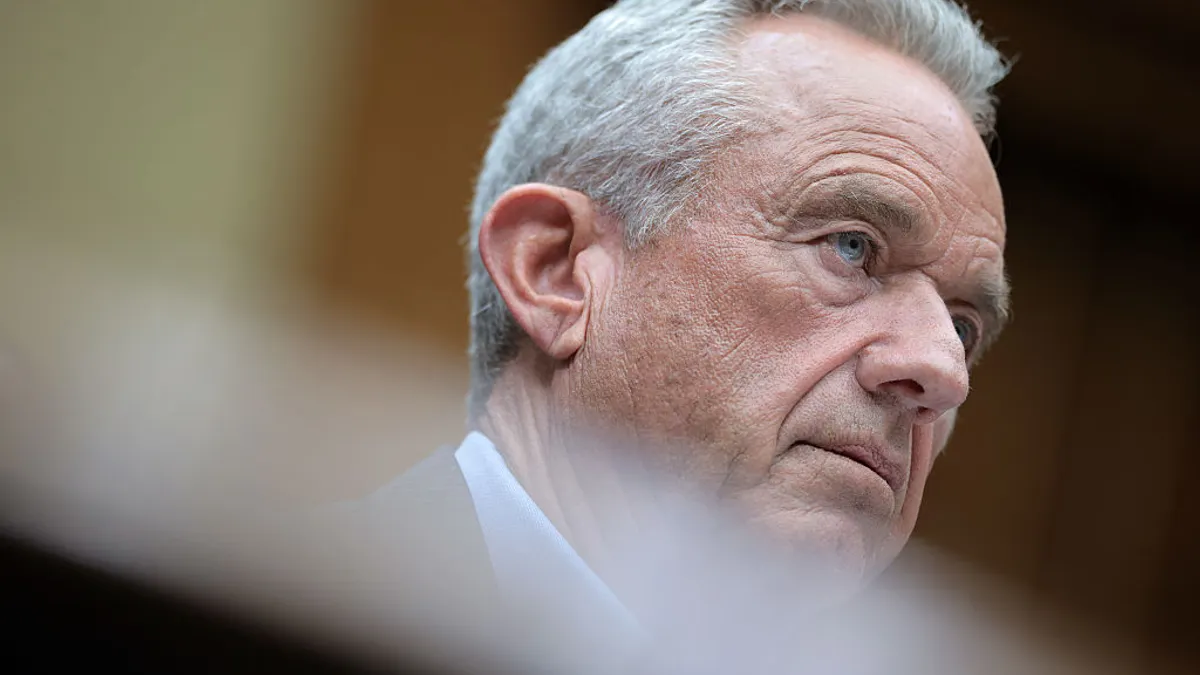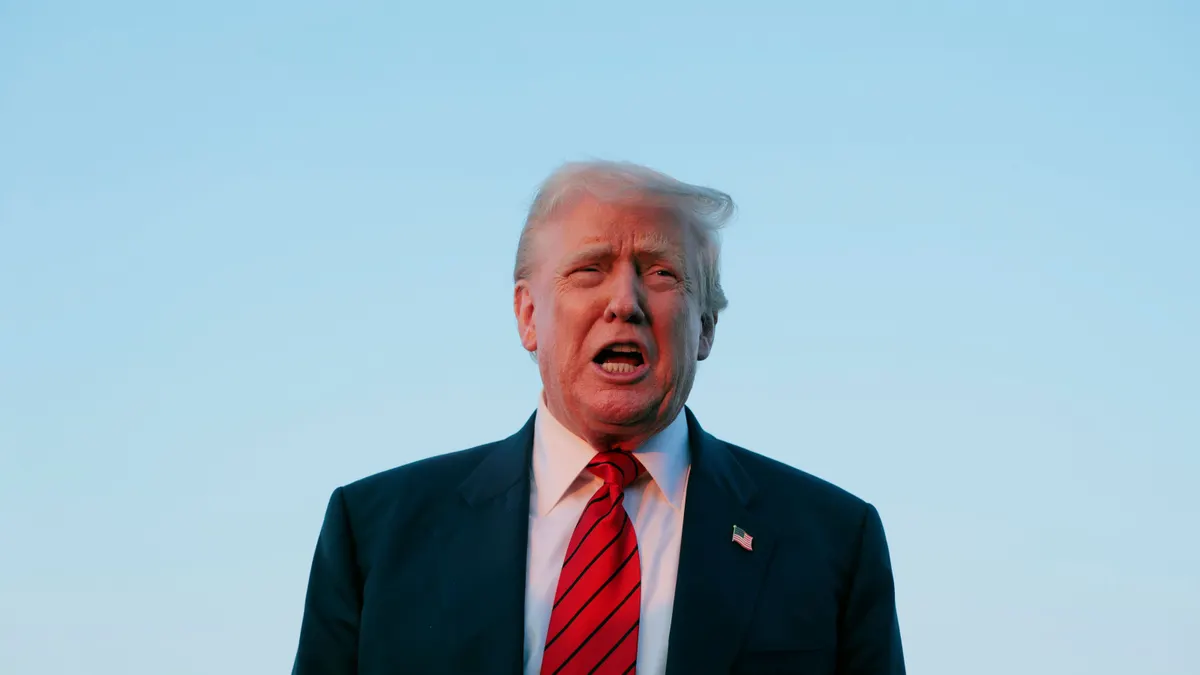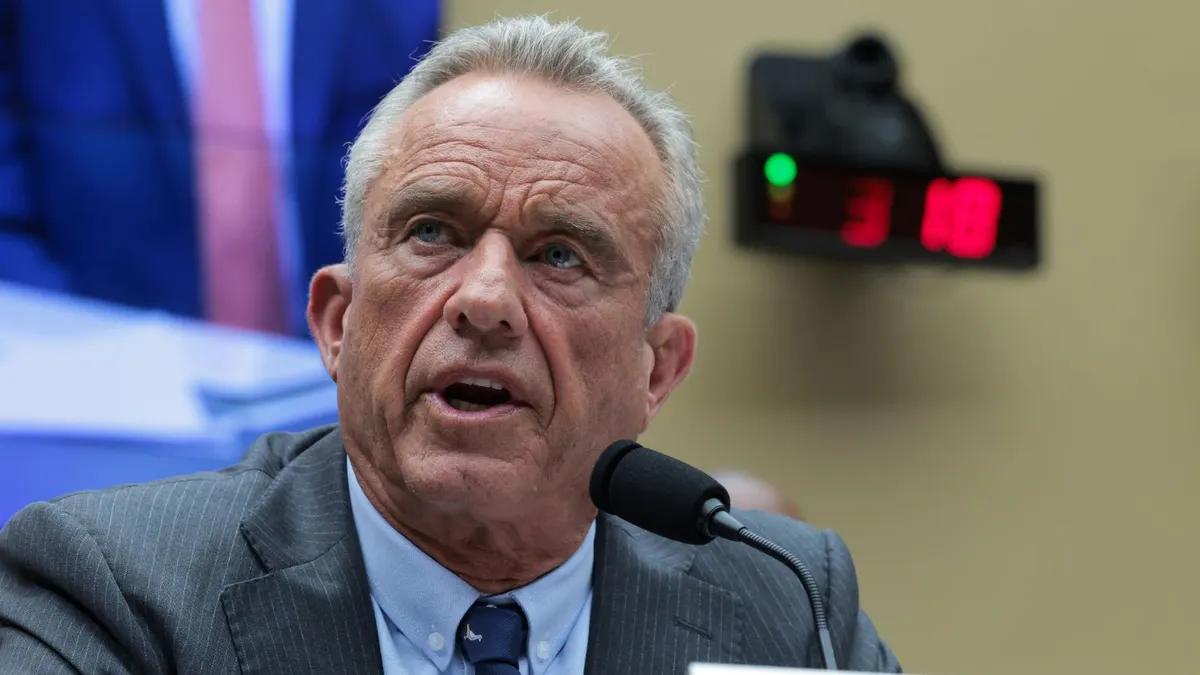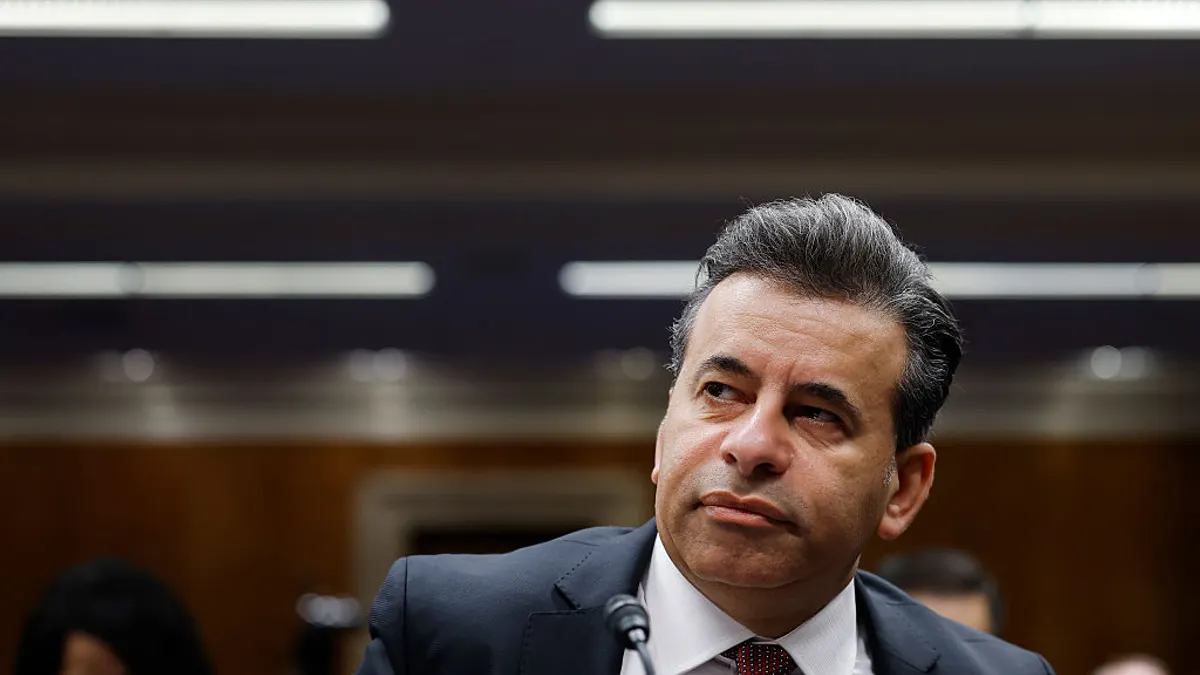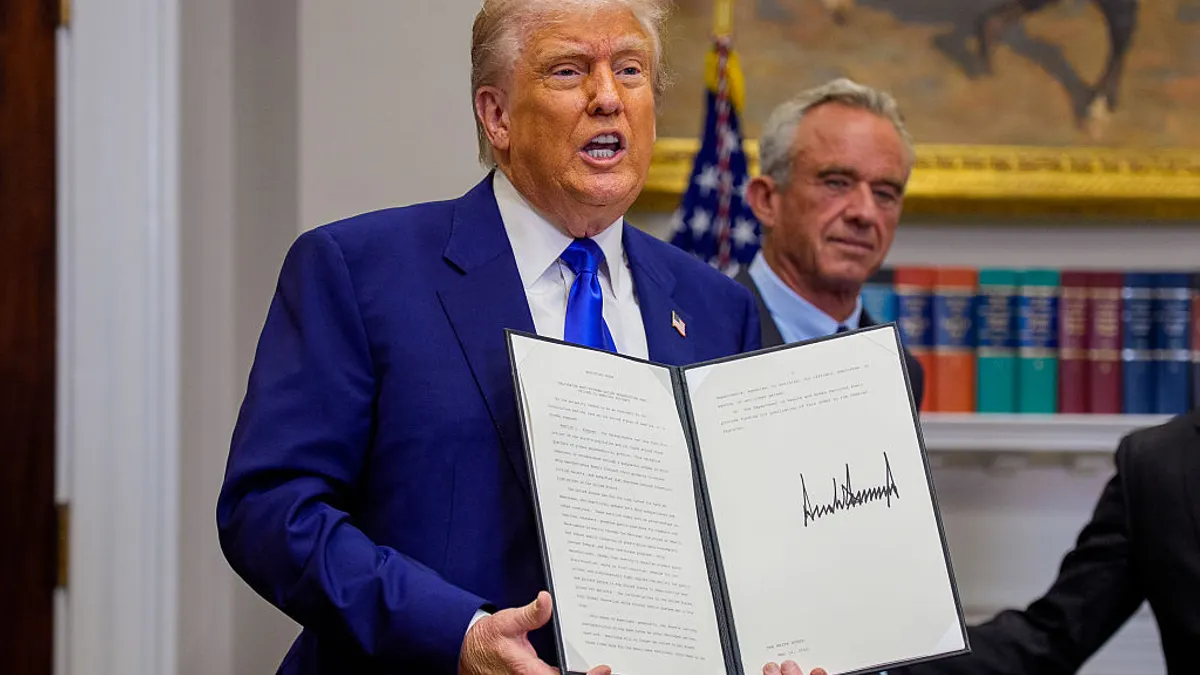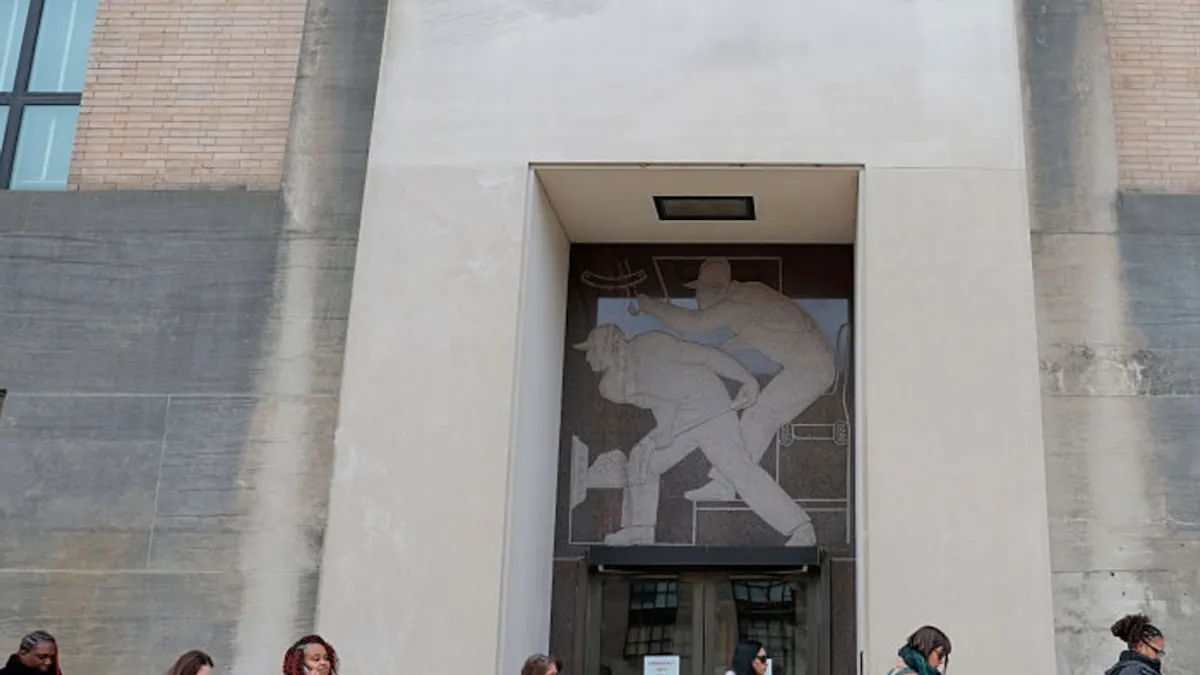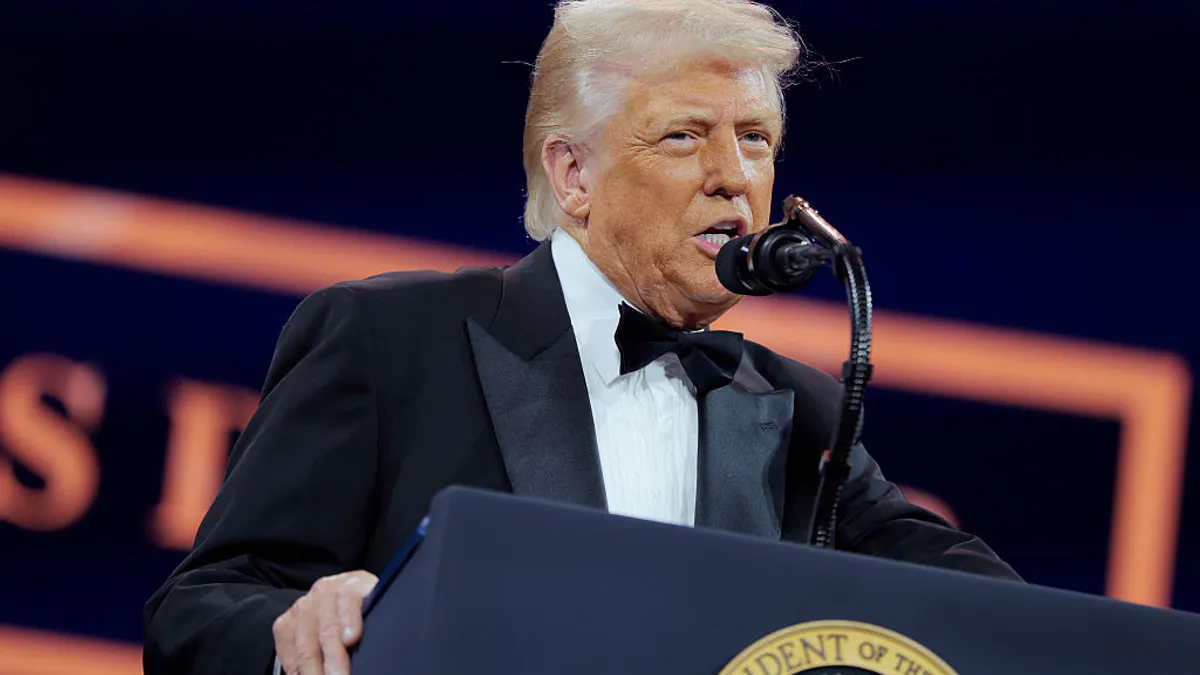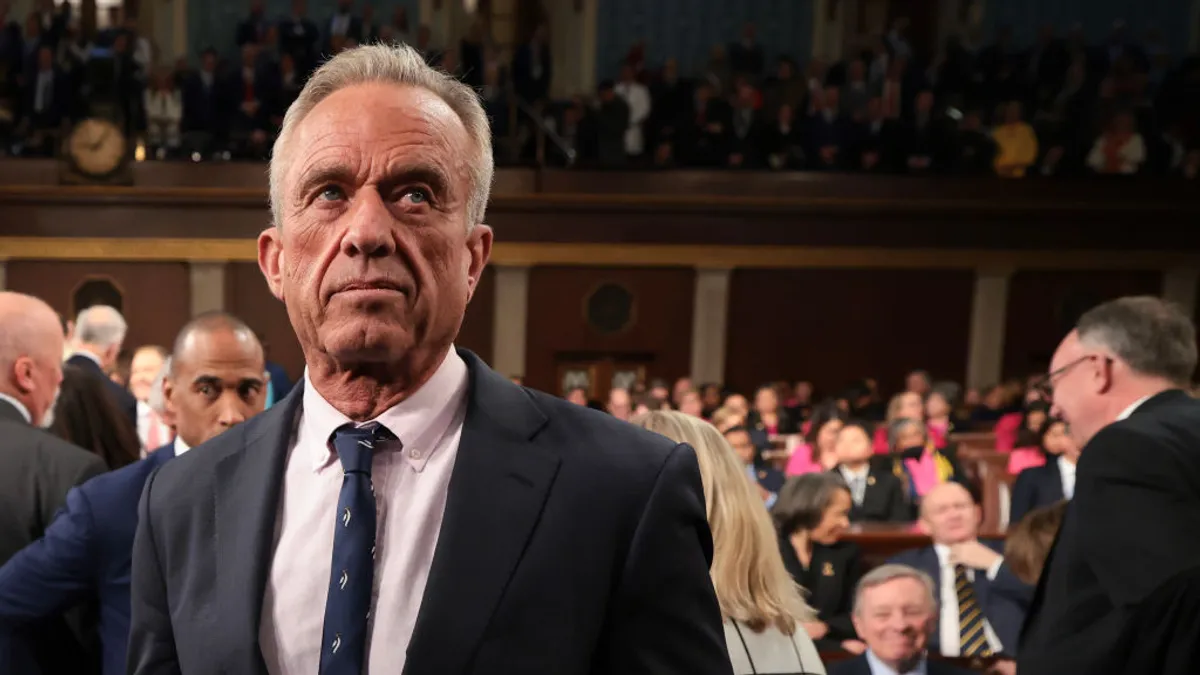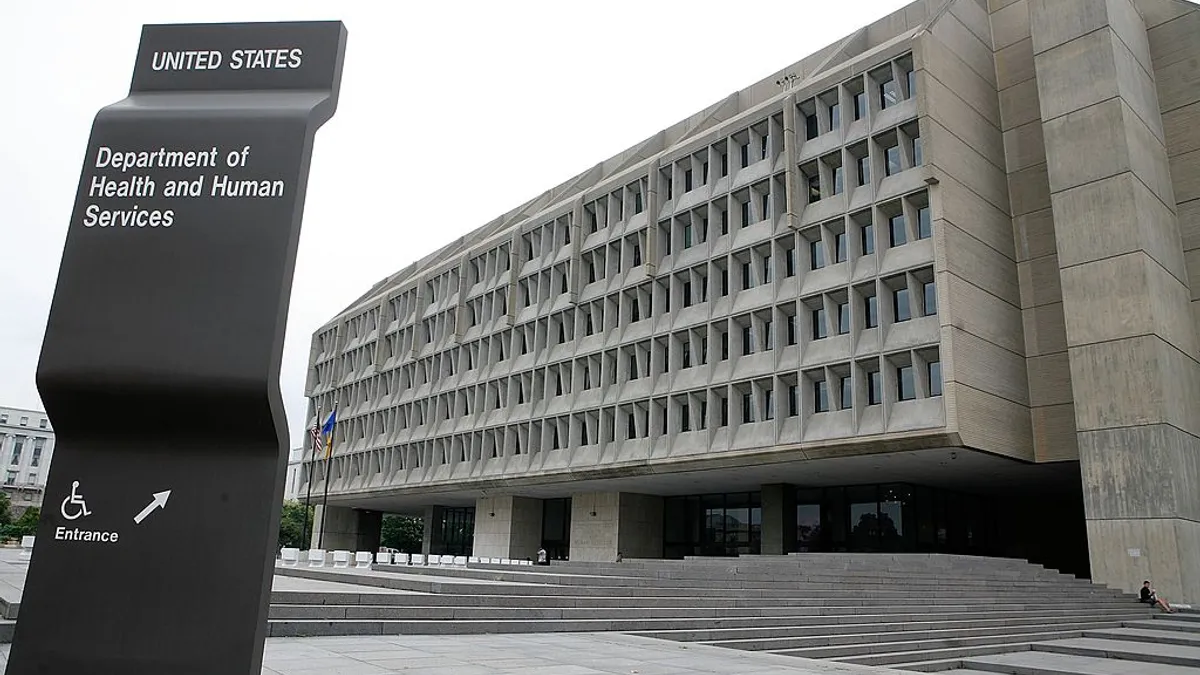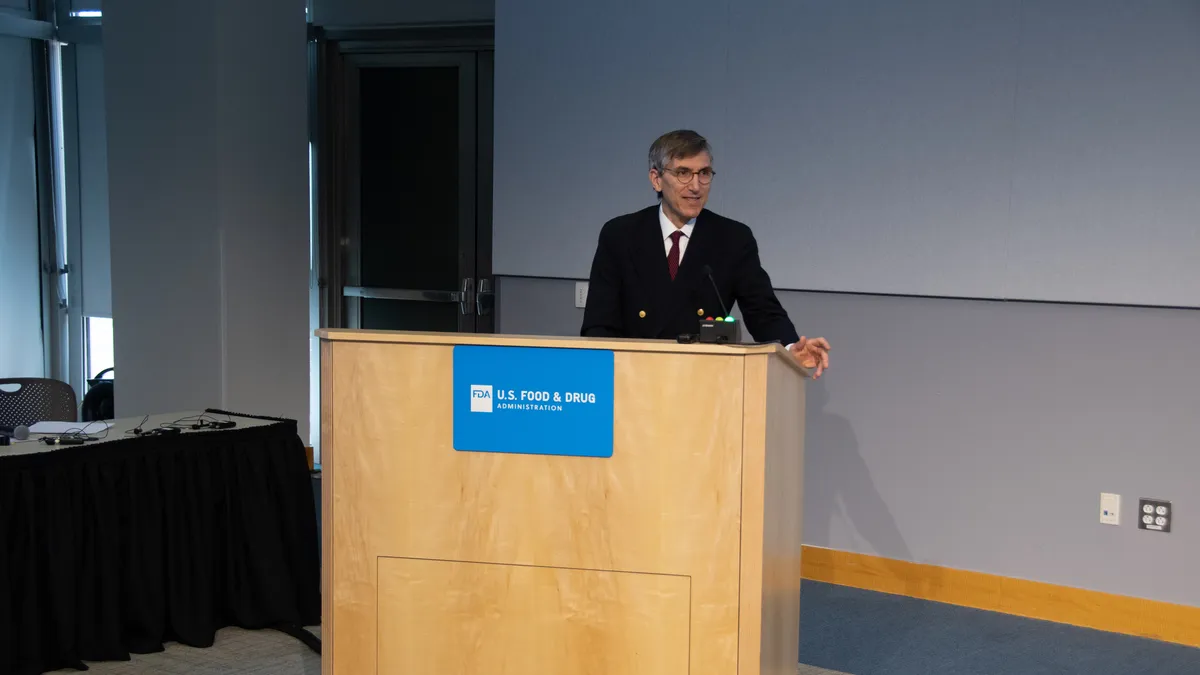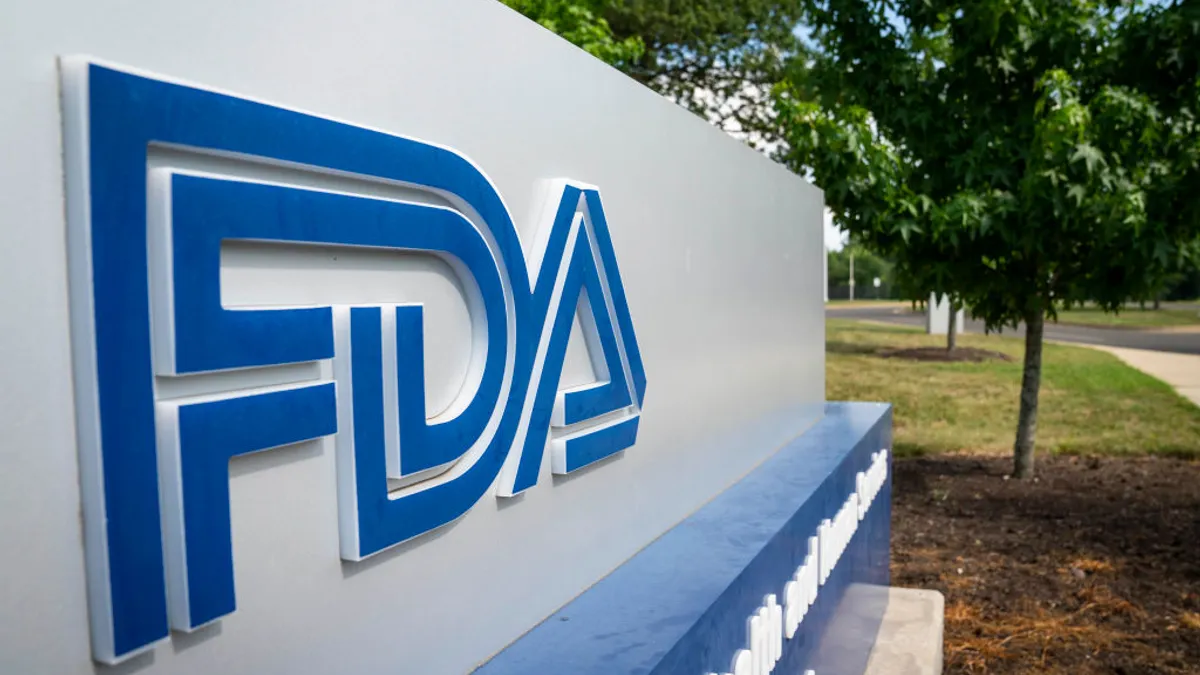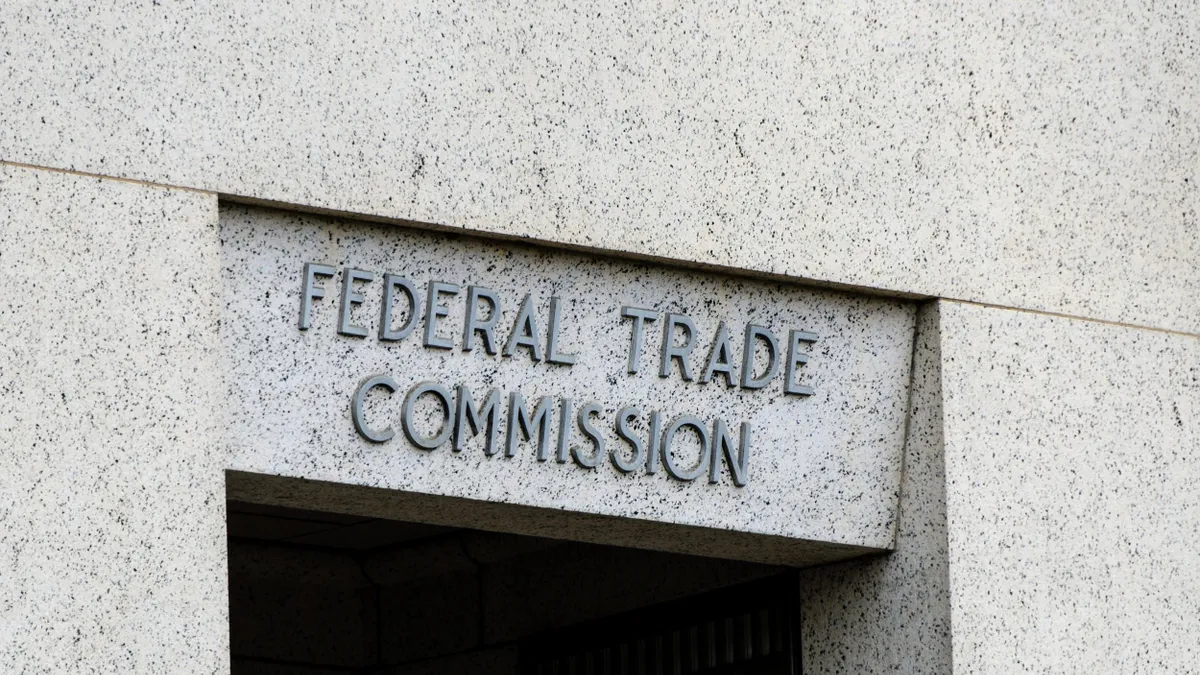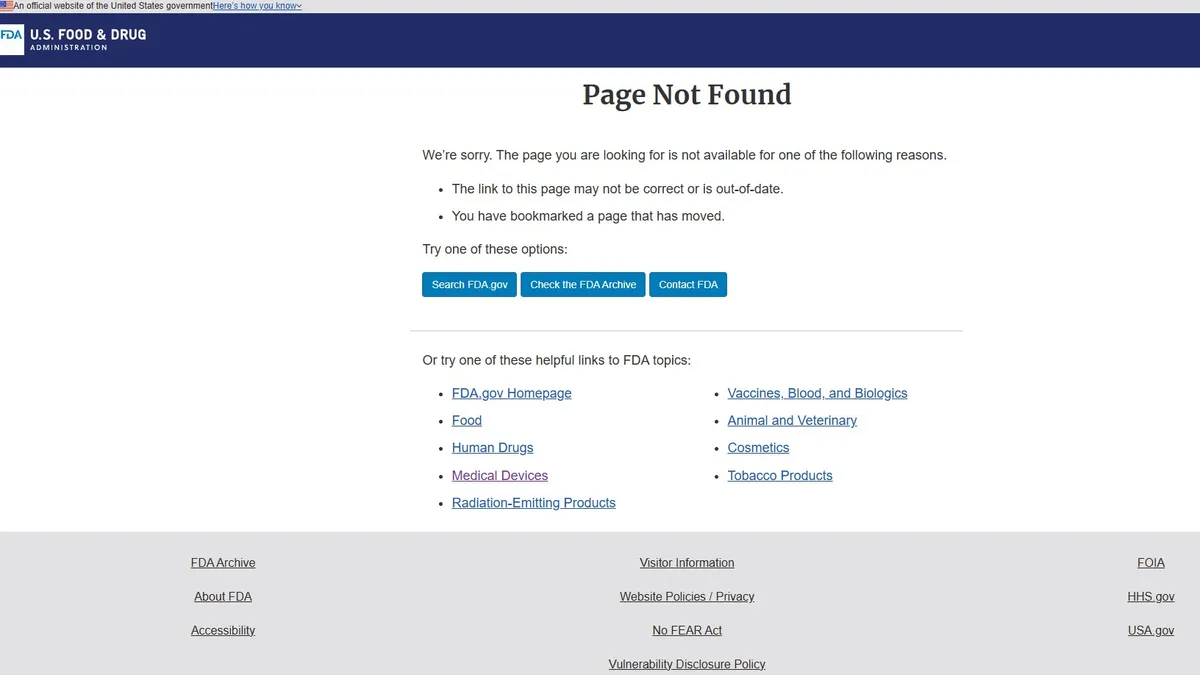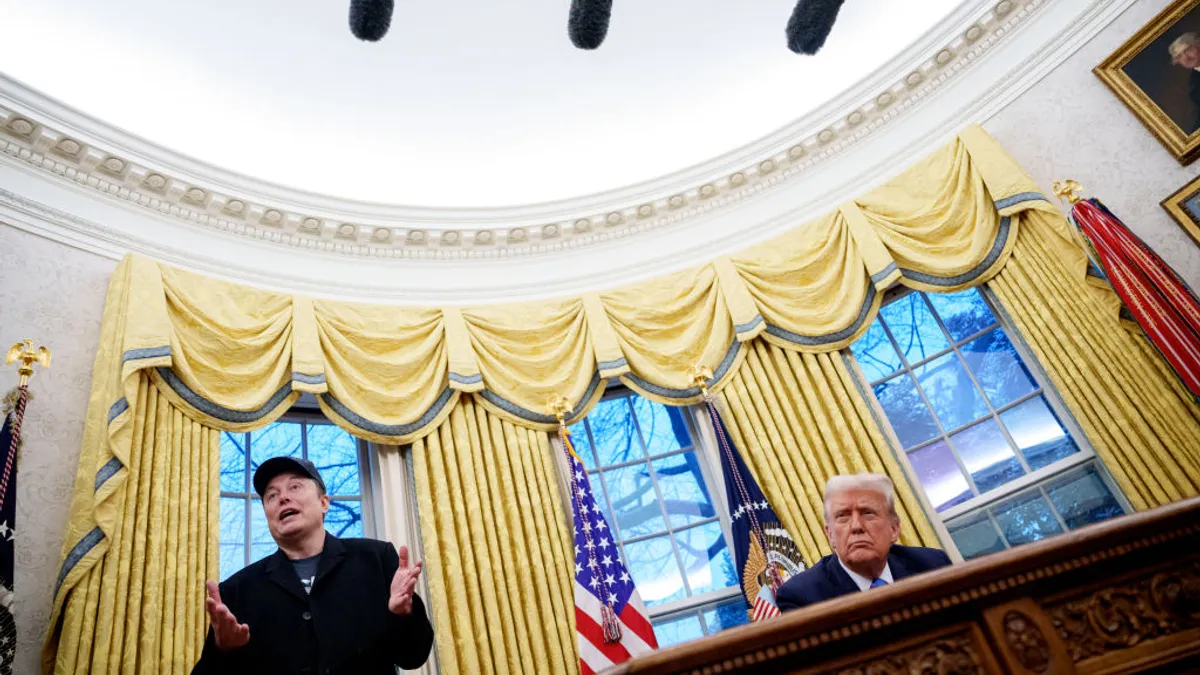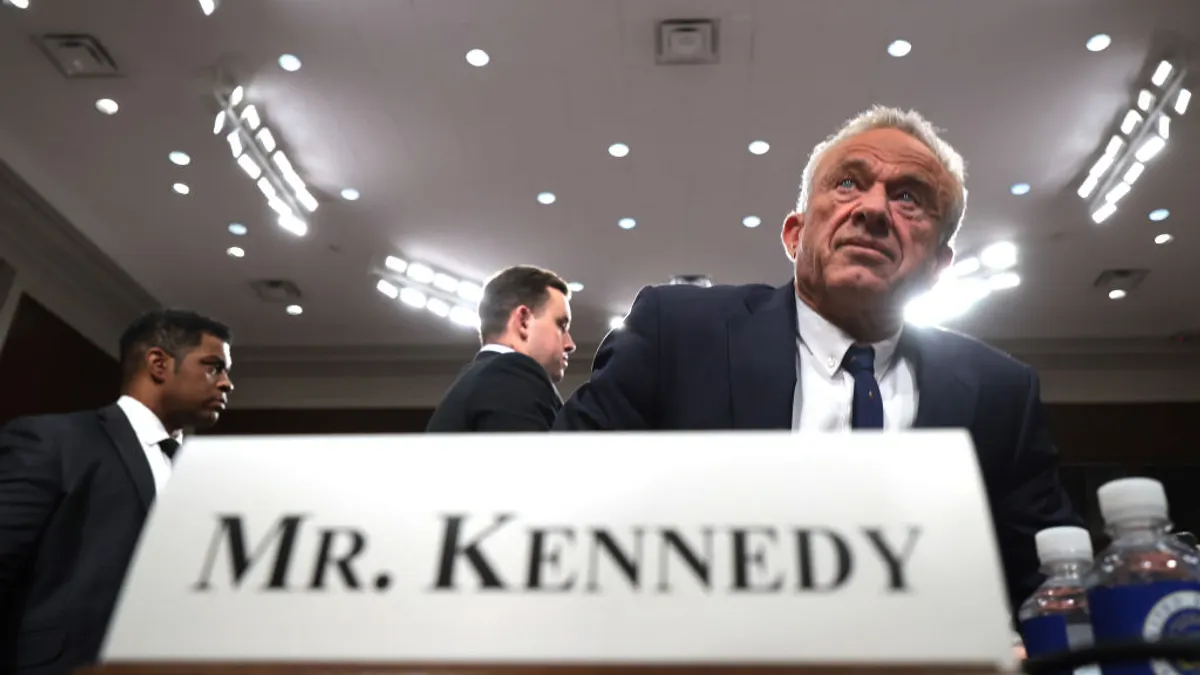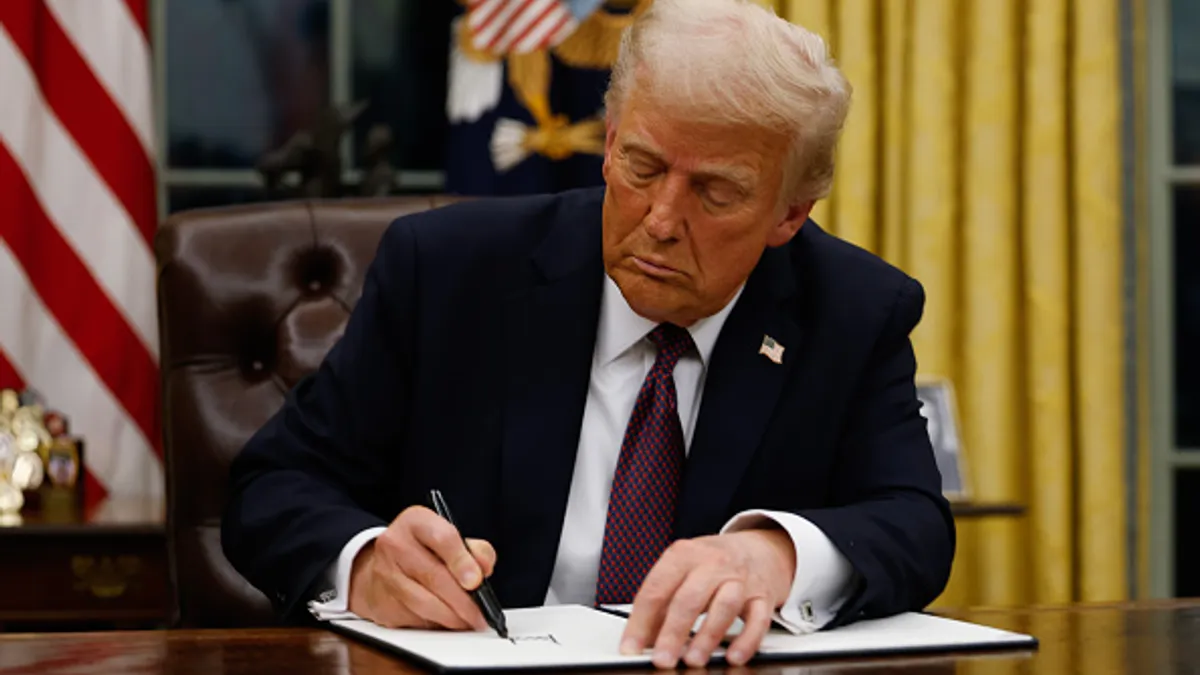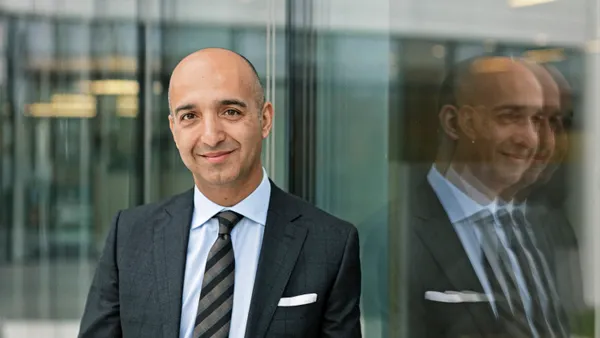Robert F. Kennedy Jr., a prominent vaccine critic who President Donald Trump has directed to “go wild” on healthcare, was confirmed Thursday by the U.S. Senate as the country’s top health official.
Every Republican senator voted for Kennedy except Sen. Mitch McConnell, R-Ky., who joined with the 47 senators caucusing with the Democrats in opposition. The 52-48 vote came after two turbulent confirmation hearings that put a spotlight on Kennedy’s long history of promoting vaccine misinformation and his spotty understanding of the agencies he’d oversee as head of the Department of Health and Human Services
Sen. Bill Cassidy, R-La., was a key “yes” vote to advance Kennedy’s nomination out of committee last week. A physician, Cassidy admitted to “struggling” with Kennedy’s nomination. Ultimately, though, Cassidy agreed to support Kennedy after securing promises Kennedy would “work within” existing vaccine approval and safety systems.
As HHS Secretary, Kennedy, a former Democrat turned close Trump adviser, will lead one of the federal government’s largest agencies. HHS oversees the Food and Drug Administration, the Centers for Disease Control and Prevention and the Centers for Medicare and Medicaid Services, among others.
He has signaled plans to remake those agencies, previously telling FDA employees to “pack their bags” and referencing plans to replace staff at the National Institutes of Health, which also falls under HHS. The Trump administration this week ordered agency heads to prepare plans for “large-scale” workforce reductions, although it’s not clear how severely that will impact agencies like the FDA, which is funded in good part by industry user fees.
“His past criticisms of the FDA suggest possible reforms, including greater scrutiny of pharmaceutical approvals and efforts to address perceived conflicts of interest within the agency,” said Stacey Lee, professor of law and ethics at the Johns Hopkins University Carey Business School, in an interview.
Kennedy has focused most of his comments since being nominated on the need to address the country’s rising incidence of chronic disease — a key message of the “Make America Healthy Again” movement. His criticism of over-processed foods even won him some praise from Democrats during confirmation hearings.
But his views on vaccines threatened to undermine his nomination. Despite evidence to the contrary, Kennedy has for years claimed vaccines cause disabilities and autism in children. As founder and past chairman of the anti-vaccine group Children’s Health Defense, he has helped challenge vaccination requirements in the U.S. And at the pandemic’s peak, he sought to revoke U.S. authorization of vaccines for COVID-19.
Kennedy has also been involved in lawsuits against vaccine developers, including a case against Merck & Co., which sells the HPV vaccine Gardasil. Kennedy initially agreed to refuse compensation related to those suits while serving as secretary, but declined to do the same following his time in office. Pressed on this issue by Sen. Elizabeth Warren, D-Mass., during confirmation hearings, Kennedy later agreed to pass any fees awarded via vaccine litigation to one of his sons.
Kennedy has said he will not take vaccines away and, at his confirmation hearings, tried to moderate his past statements. But he’ll have vast influence as HHS Secretary and could push people away from vaccines without changing their availability. For instance, he could alter the nation’s childhood vaccine program or change legal protections for vaccine developers.
To secure Cassidy’s support, however, Kennedy did pledge to maintain without change a key CDC panel that sets vaccine recommendations.
Kennedy also committed to seeking Cassidy’s input on hiring decisions at HHS, even for roles that don’t require Senate confirmation.
But the White House’s plans for sweeping changes to health agencies could undermine such promises. Already, the administration has moved to substantially cut how the NIH funds scientific research.
“I sincerely believe that nothing is safe,” said Lee. “Everything is on the table. So I think everything should be on the radar.”
Several high-ranking FDA officials already left the federal agency prior to Trump’s inauguration, including Patrizia Cavazzoni, director of the FDA’s main drug review office, and Namandjé Bumpus, the FDA’s prior second-in-command.
“I don't see the FDA continuing business as normal,” Lee said.
Trump has nominated Marty Makary, a Johns Hopkins surgeon and author, to be FDA Commissioner. He’s viewed as a more conventional choice, despite past criticism of the agency.




